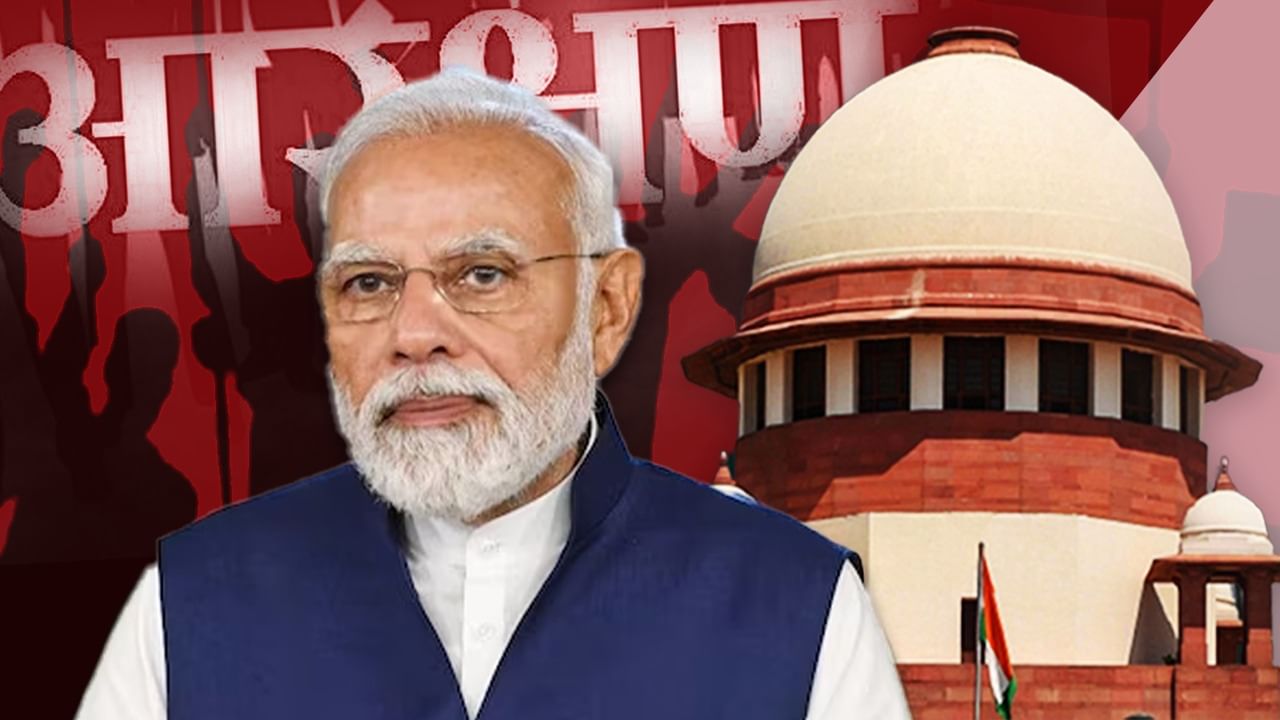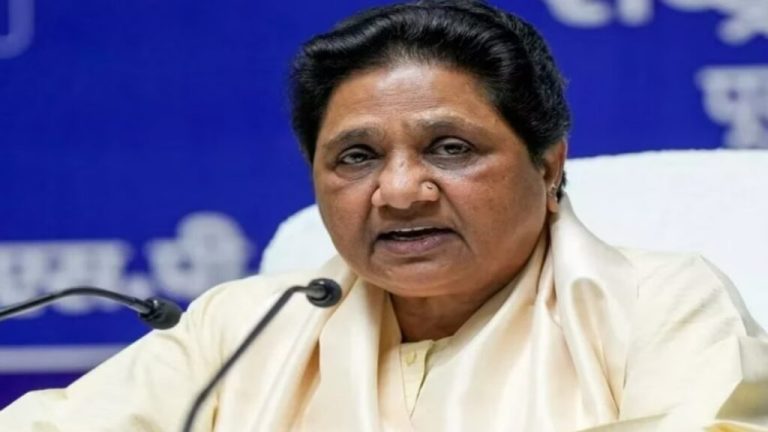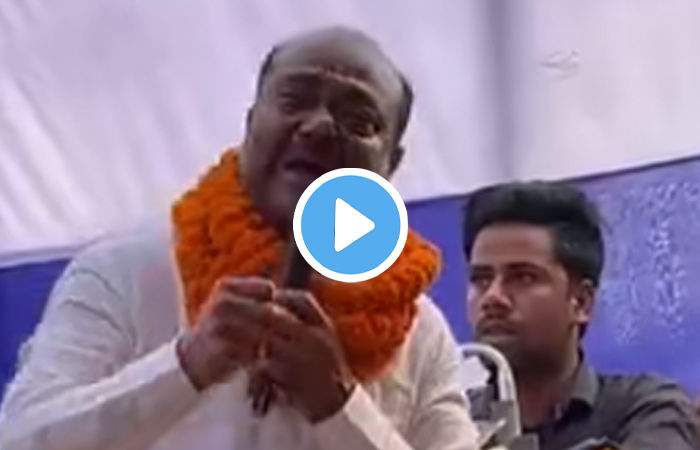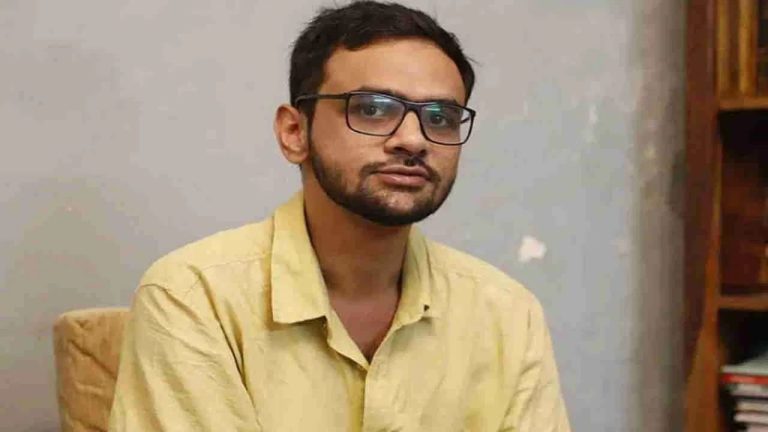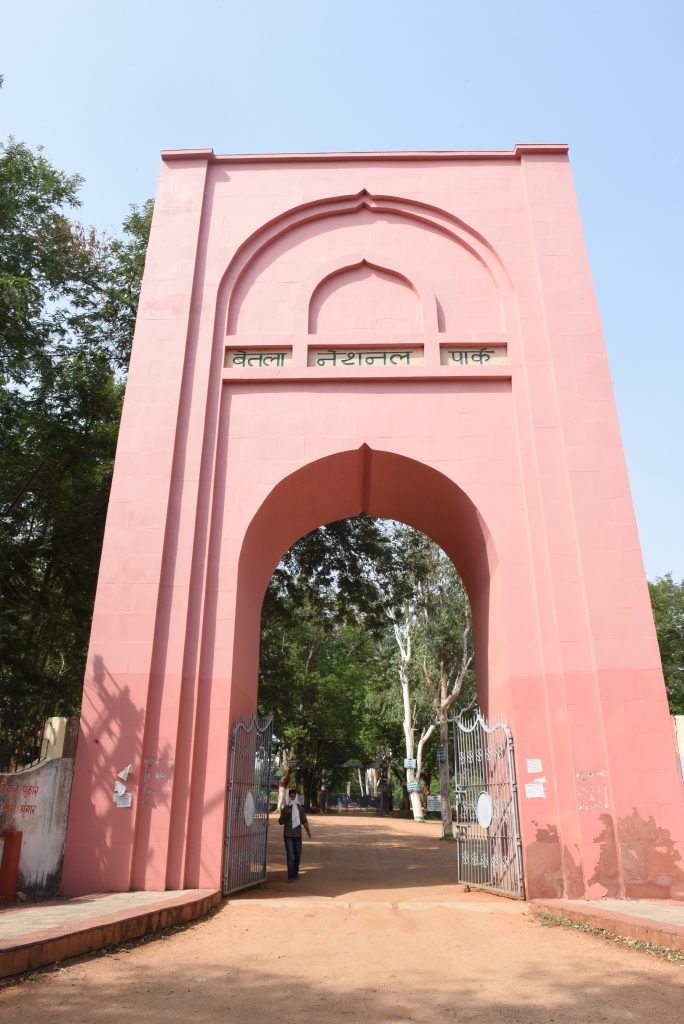Govt won't enforce SC order on creamy layer, do you know what the court said?
The Narendra Modi Cabinet has taken a major decision regarding reservation for Scheduled Castes (SC) and Scheduled Tribes (ST). The government has made it clear that it will not implement the Supreme Court's recommendation regarding creamy layer reservation. After the Cabinet meeting, Union Minister Ashwini Vaishnav announced the government's decision. The meeting, chaired by Prime Minister Modi, discussed in detail the Supreme Court's decision to create a new sub-section under the Constitution's reservation clause for the SC-ST category. The Central Government has said that it will not implement the Supreme Court's recommendation regarding the creamy layer in the SC-ST reservation. The existing constitutional reservation will continue. In fact, the 'creamy layer' refers to the SC-ST communities who come from higher income families. After the Supreme Court verdict, various speculations started. Will the government implement the court's opinion or will it strictly adhere to the reservation given in the constitution? Information and Broadcasting Minister Ashwini Vaishnav said about the decisions taken in the cabinet meeting: After discussing the judgment of the Supreme Court in detail, the NDA government is committed to the constitutional provisions given by Dr. Ambedkar in the cabinet meeting. . BJP's SC-ST MPs meet PM Modi Before this cabinet meeting, BJP's Scheduled Caste and Scheduled Tribe MPs met Prime Minister Narendra Modi at the Parliament premises. During this meeting, he submitted a memorandum to the Prime Minister. Through this memorandum, they demanded that the decision regarding allocation within the quota should not be implemented in their community. Ultimately, PM Modi considered their demands and the outcome will be clear after the cabinet meeting. What does Mayawati say? At the same time, Bahujan Samaj Party chief Mayawati welcomed PM Modi's meeting with SC-ST MPs. He said that PM Modi had assured BJP's SC-ST MPs that the creamy layer would not be implemented in the SC-ST category, but it would have been better if the central government had taken up the discussion on reservation before the debate. Perhaps this decision would not have been taken if the Supreme Court had not argued in favor of enforcing a creamy layer on STs and subdividing them. Mayawati wants the Supreme Court's verdict to be neutralized through a constitutional amendment. If this does not happen, the state governments can use this decision to suit their politics and implement the creamy layer by sub-classifying the SC-ST category. What judgment did the Supreme Court give? On August 1, the Supreme Court approved reservation for Scheduled Castes and Scheduled Tribes. The court had said that a new sub-category could be created within the SC-ST category under which separate reservations could be made for the most backward classes. A 7-judge constitution bench headed by Chief Justice DY Chandrachud gave the verdict. Besides the Chief Justice, the bench consisted of Justice BR Kawai, Justice Vikram Nath, Justice Bela M Trivedi, Justice Pankaj Mittal, Justice Manoj Mishra and Justice Satish Chandra Sharma. Justice Bela Trivedi dissented from the majority judgment. It happens that the Supreme Court bench was examining whether to review the 2004 judgment in EV Chinnaiah v. State of Andhra Pradesh. The Supreme Court reserved its verdict on 8 February 2024 and said that disallowing sub-categories would create a situation where people belonging to the creamy layer would grab all the benefits. In this regard, in 2004, the Supreme Court was investigating the judgment given by a five-judge bench. According to Article 341 of the Constitution, only the President can declare which communities can get the benefit of reservation, states have no right. to destroy it.
